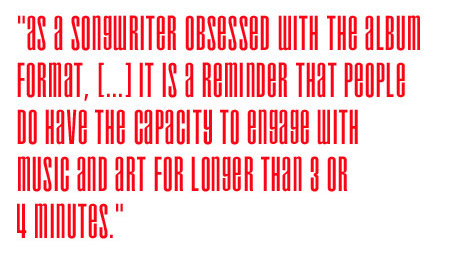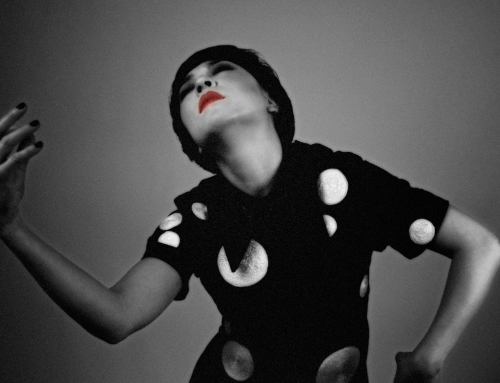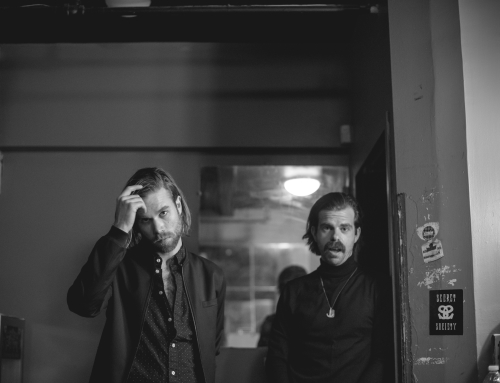Studying music at University of California, Berkeley has undoubtedly shaped the way I have come to understand and appreciate music. Our approach was very traditional; we spent the first semester studying Bach chorales, and moved forward chronologically from there, studying the various tendencies and rules attributed to certain time periods.
At the time I was trying to start a rock band, and all I was listening to was The Beatles, The Beach Boys, Dylan, that sort of thing. To be honest, I skipped half my classes for band practice and home recording sessions, and in retrospect, got less out of it than I would have liked. However, there are a couple things that I picked up along the way that quite drastically changed the way I think about music.
The first is an obvious one, but something that I think we tend to give less weight to because it is so obvious: all music is influenced by what came before it. In studying classical music, and moving from period to period, you realize just how much the music one writes is a product of its musical context and history. The fact remains, if you are writing music today in the western world, you are influenced by Bach, you are influenced by Mozart, you are influenced by Beethoven. Whether you like it or not, you have been influenced by these people, even if you’ve never listened to them before.
New York Philharmonic, Alan Gilbert, Music Director
[hana-flv-player video=”http://fillermagazine.com/wp-content/uploads/2010/07/Jupiter-B-Roll.flv” /]

The second thing I took from classical music that continues to drive and inspire me is the fact that classical music, quite plainly, was pop music during the time it was being written and performed. This prospect is particularly exciting to me, as a songwriter obsessed with the album format, because it is a reminder that people do have the capacity to engage with music and art for longer than 3 or 4 minutes.
Many artists seemed to have lost faith in their audience, becoming more and more singles-driven and catering to the “low attention span” of the current musical consumer base. Don’t get me wrong, there is nothing wrong with writing a pop song, if you’ve listened to any of my songs you know that I love pop! Rather, I mean to point out that the pop album is still a valuable art form. And as I continue to make albums that are intended to be heard as a whole — from start to finish — it’s encouraging to look at classical music as a reminder that people out there can get it.

Amongst this year’s breakout talents, The Morning Benders are indie-rock’s favourite ingénue. Their lyrics are nothing short of honest in their doe-eyed simplicity (“we’ll still be best friends when it all turns to dust”), while frontman Chris Chu has the vocal breath of a scholared singer — clear and pitch perfect, melodious without a note of irony. Blended in amongst hazy drifts of guitar melody and soft speaking drums, Chu’s voice lulls the listener into a state of nocturnal consciousness. Co-produced by Grizzly Bear’s Chris Taylor, Big Echo, the band’s debut release, showcases a dreamy virtuoso, with an airy transience true to the collective’s West Coast heritage. Charming in its innocence of scoop, Big Echo is the ideal soundtrack to a summer of love fated to fall by the wayside come autumn or growing pains. – Jennifer Lee











